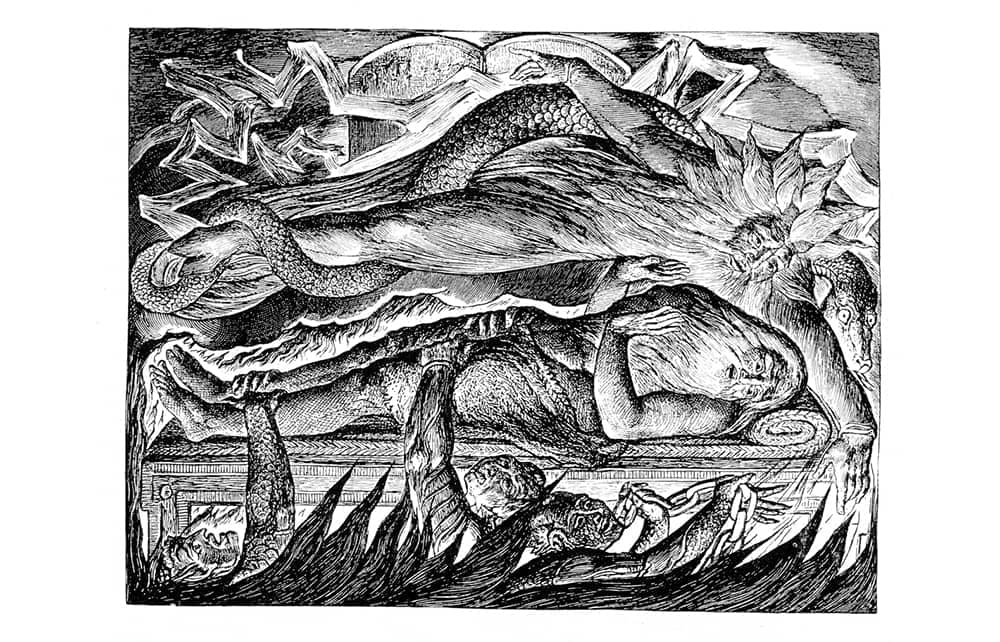Procurement profligacy
Sir: In response to Susan Hill’s query ‘Who allows the profligacy in NHS hospital procurement to continue?’ (‘Best medicine’, 16 July), it seems the national scale of public sector bureaucracy is just too great. Given the size and spending power of the NHS, no one should come close to achieving equal efficiencies in economies of scale, nor gain better prices from suppliers. But this is not the case. As a non-clinical procurement professional in the NHS, having come from the private sector, I’ve been surprised to consistently find the national purchasing authority of the NHS (formerly ‘NHS Supply Chain’, now ‘SCCL’) to be the worst pricing option available to us.
Lord Carter’s 2016 report promoted central control of purchase decisions and limitation of options. But in working directly with suppliers to negotiate the best deals for our Trust, we’ve far surpassed anything SCCL could offer. In the case of printing paper, their prices were more than double what we were able to ask for when working independently with suppliers for the best interest of our Trust. The truth is, the NHS on a national scale is a gold mine for suppliers, but the inefficiencies of centralised control eliminate the competitive advantages for Trusts.
Name and address supplied
NHS blank cheques
Sir: I can tell readers – and Susan Hill – all about NHS procurement waste. I worked for an NHS Trust from 2002 to 2006. My job was to purchase ‘aids to daily living’: crutches, walking (zimmer) frames, commodes, electric beds and so on, in all the many varied size permutations. Put simply, I had an open cheque book. My duty was to fill hospital stockroom shelves, from Aylesbury to Marlow, Amersham to Wexham Park. As long as I could obtain the equipment, I could buy it.
Never once in my four years was an invoice queried by the invisible hand of the invoice payers. They cheerfully paid every invoice that came their way. It really was as simple as that, and I’m informed that nothing has changed.
Michael Wingert
High Wycombe, Buckinghamshire
What possesses them
Sir: Leo McKinstry bemoans the infuriating fashion for new laws to be named after high-profile victims (‘You name it’, 16 July). Zach’s Law – a campaign by the Epilepsy Society – is one such. It has persuaded the government to legislate to address the trolling of people with epilepsy online, with the express intent of causing a seizure.
Without the name attached, politicians, policy makers, the media and public would never have so rapidly understood the vile attacks that were being carried out on a group of disabled people who, prior to the rise of social media, could never have been collectively identified and targeted. The personal element presented a short cut to a complex issue which has the potential to cause serious physical and psychological harm, and it meant the schoolboy Zach was granted meetings with MPs, ministers, policy makers and the Law Commission.
The little apostrophe can give a voice to people and ensure that our legal system works for those who need protection.
Nicola Swanborough
Head of External Affairs, Epilepsy Society
Chalfont St Peter, Buckinghamshire
Unpersuaded
Sir: Someone said that ‘No statue has ever been put up to a critic’. I would happily put up statues this week to Deborah Ross and Lloyd Evans for their clear-sighted reviews of 16 July. It is not obvious why any film maker should turn the plot and characters of Persuasion on their heads. Why not choose a more deserving novel to wreck? The same goes for The Seagull at the Harold Pinter Theatre. Why alter a great play?
Both Ross and Evans say the same thing about these brainless assaults on the work of great writers: Ross, that those involved should be sent to prison; Evans that they should go into exile. ‘The want of human interest is always felt,’ said Samuel Johnson of Paradise Lost. This same want of human interest is the mark of so much that now passes for serious theatre and cinema.
Ann Pilling
Hawes, North Yorkshire
Innocence and experience
Sir: Is Philip Hensher perhaps a little hard on Blake and on the many ‘unobjectionably respectable’ people who enjoy singing ‘Jerusalem’ without, according to his review, having any idea what it might mean? (‘What bow – and why is it burning?’, 9 July) Blake undeniably wrote some long and difficult poems, but he also wrote short, simple ones, and we can tell from them that he valued innocence and emotional response rather than the cold lessons of experience and reason, and that he hated the exploitation of the poor.
Can we not then assume that the burning bow, arrows of desire and chariot of fire are symbols of the energy with which we should fight for our cause (which, as the article points out, may be orthodox patriotism or revolutionary reform)? He would certainly have been moved by the plight of apprentice children. And both patriots and revolutionaries can share the wish to build a better world in what is still a green and pleasant land.
Louise Rhodes
Knutsford, Cheshire
Hurrah!
Sir: In your 21 May issue I complained about the disappearance into a vault for 50 years of the BBC series Roads to Freedom, a dramatisation of Jean-Paul Sartre’s trilogy. Plainly your magazine has miraculous powers – for I have learned that the series is to be screened again on BBC4, beginning on Wednesday 27 July at 10 p.m. There was absolutely no indication that this policy was about to change when I last contacted the Corporation in May: just a continuation of the long, mysterious silence which has greeted all such enquiries for years.
Peter Hitchens
London W8






Comments